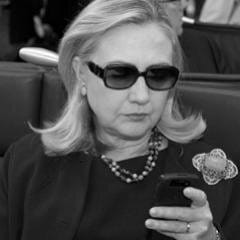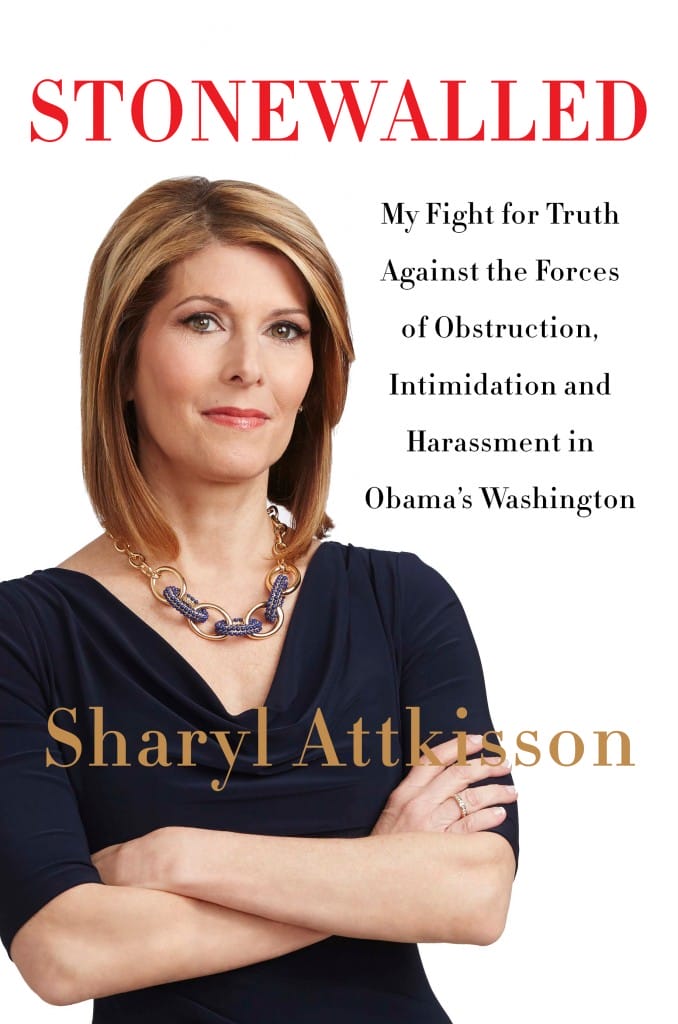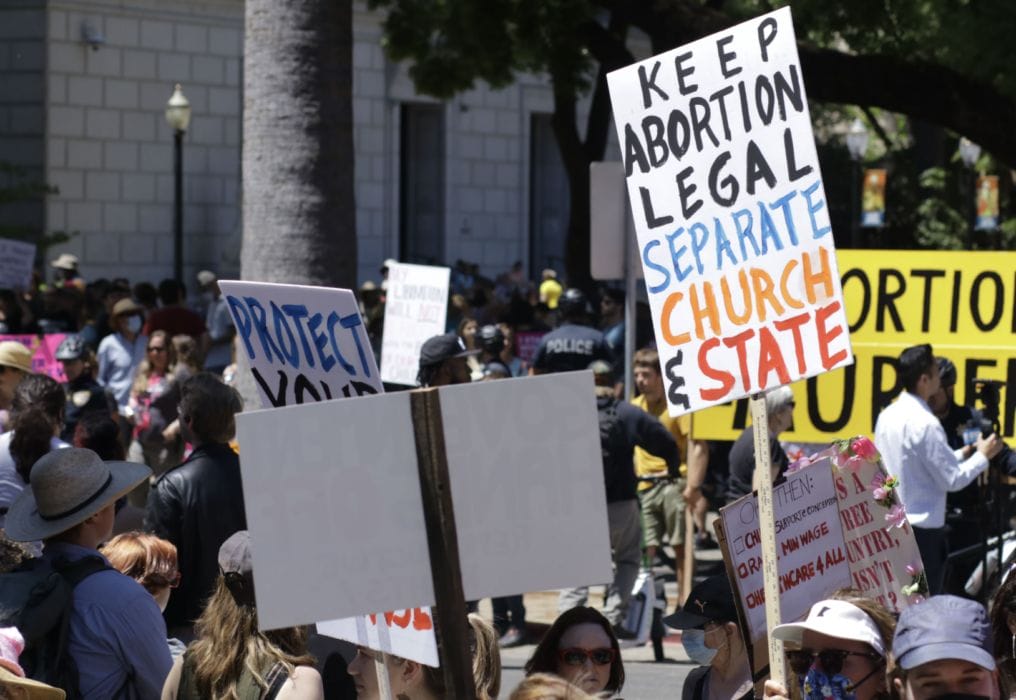The following is a brief excerpt from my book Stonewalled, a New York Times best seller
Mrs. Clinton’s Benghazi Chapter
…In what looks like a striking attempt to rewrite her post-Benghazi narrative and speeches, Clinton goes heavy in her book on recounting instances in which she used terms such as “heavily armed militants,” “violent attackers,” or “extremists,” but she conveniently omits how she repeatedly pointed to the YouTube video.
For example, she writes in her book that on September 12, “I laid out the facts as we knew them” to the press corps, reporting that “heavily armed militants” had assaulted the compounds. She fails to mention that, for the second day in a row, she pointed to the video. Same with the statement she made on September 13 when she ap- peared with Morocco’s foreign minister. Same with the statement she made on September 14 when she met with the victims’ families at Andrews Air Force Base.
Of that meeting, Clinton writes in her book, “All you can do is of- fer a human touch, a kind word, a gentle embrace.” She leaves out the part about her speech at that same event in which she stated, “We’ve seen rage and violence directed at American embassies over an awful Internet video that we had nothing to do with.” And she doesn’t ad- dress the reports from victims’ family members who said that Clinton privately promised them that she would hunt down the maker of the YouTube video—never mentioning that she intended to hunt down the terrorists who actually killed their loved ones.
With the passage of time and the release of more facts and docu- ments, Clinton appears to be evolving her position from “the attackers were motivated by an awful, disgusting YouTube video” to “the video played a role.”
Clinton writes in her book, “I know there are some who don’t want to hear that an internet video played a role” in the September 11 upheaval in the Mideast, such as the attacks on the U.S. embassy in Cairo. She says it “would have been strange not to consider . . . that [the video] might have had the same effect [in Benghazi], too. That’s just common sense.”
The problem with that defense is that, at the time, Clinton hadn’t set forth the video scenario as “commonsense” musings. She falsely portrayed it as a fact, as if exclusive to the scenario of preplanned terrorism. We now know that this was contrary to the facts she and other Obama of officials had in hand and contrary to what her own representatives were privately telling Libyan of officials.
In her book, Clinton employs other techniques to deflect. She rid- icules those pursuing unanswered questions as “fixated on chasing conspiracy theories.” It’s similar to the way in which Democrats reject allegations about the IRS targeting of conservative groups and the con- veniently missing emails as “conspiracy theories.” They seem to think that evoking the word conspiracy will lead some voters to dismiss the concerns. They controversialize the legitimate reporting of their self- generated controversies by using the language of propagandists.
Throughout her Benghazi chapter, Clinton inadvertently high- lights contradictory characterizations that the Obama administration has switched between, depending upon which was needed for expe- diency.
For example, the administration advanced the narrative that it couldn’t have predicted the Benghazi attacks. (That was to explain why it denied security requests and had no military help accessible.) Yet Clinton also argues that they were vigilantly prepared. (That was so as not to appear to be out of touch with the well-documented dan- gers.)
To be specific, Obama of officials have stated that there was no rea- son to put the military on special alert on the 9/11 anniversary because there had never been a repeat attack on that date. But in her book, Clinton states that, prior to the Benghazi attacks, the 9/11 an- niversary added a “potentially combustible element” that “like every year . . . prompted our intelligence and security of officials to proceed with extra caution.”
We’re left to wonder what extra caution was supposedly exercised, since examples are lacking. Stevens and his team weren’t granted the extra security that they said was necessary. Nobody dissuaded him from making the trip to Benghazi on September 11. The military says nobody was on a short leash for quick action the night of the assaults and that no assets were in place. And even when the assault on the U.S. Embassy in Cairo foreshadowed the Benghazi attacks, nobody seemed to “proceed with extra caution” to evacuate the Benghazi staff. Everything about the scenario seemed to telegraph a lack of extra caution.
Two more opposing narratives involve the administration origi- nally indicating that it believed the attacks were going to be short- lived (to explain why they decided not to deploy outside military res- cue teams at the outset), while Clinton claims, in her book, that they expected the violence to continue and spread (to give the impression that they were on top of it).

To be specific, Clinton writes that, during the Benghazi attacks, “I did not believe this crisis was over. We could expect more unrest to come.” She says she warned Libya’s president not to “assume the threat had passed . . . We also had to get ready for the possibility of other assaults elsewhere. We had to assume and plan for the worst— the possibility of further attacks against U.S. interests in the region.”
If the administration anticipated an indefinite spate of attacks and violence, as Clinton states, then why did they conversely argue there was no point in spinning up military resources because they “couldn’t get there in time”?
Further, Clinton seems to contradict her own assertion that they expected additional unrest when she writes that there was no point sending special operations forces standing by in Fort Bragg, North Carolina, because that they would take several hours to muster and were more than five thousand miles away. Why wouldn’t one go ahead and muster them if they were truly assuming and planning for the worst, and if the administration were doing everything possible (as the president says he had ordered)?
On another point—the talking points used by Ambassador Rice— Clinton appears to attempt to revise the facts by stating something that simply isn’t the case:
“The extensive public record now makes clear that Susan was us- ing information that originated with and was approved by the CIA.”
In my opinion, that’s just plain wrong. (Continued below)
In fact, the “extensive public record” indicates that then-head of the CIA Petraeus expressed great disapproval of the talking points Rice used. Also, the “extensive public record” shows that White House officials and the State Department had significant input into editing the talking points into their final, scrubbed version.
Perhaps the most glaring section of Clinton’s Benghazi chapter that deserves analysis is the analogy she applies to those investigating Benghazi.
“If somebody breaks into your home and takes your family hostage,” she writes, “how much time are you going to spend focused on how the intruder spent his day as opposed to how best to rescue your loved ones and then prevent it from happening again?”
It strikes me that she and other administration of officials who went to a great deal of effort to steer the public toward a false narrative now are spending equal effort asking why the narrative matters at all.
To expand on Clinton’s clumsy analogy, one might counter that: If somebody breaks into your home and takes your family hostage, are you going to decide, somehow in advance, that the hostage rescue team can’t get there in time so there’s no point in trying? And if there are policemen in the next neighborhood who want to help, are you going to order them to stay put to protect the neighbors instead of helping the family that’s in danger now?
The fact is, the controversies over Benghazi don’t surround questions about how the terrorists “spent their day,” as Clinton implies. Those asking questions want to know why the landlord failed to secure the house when the family had asked for help in so many different ways, and when the landlord had been warned that a dangerous intrusion was imminent. They want to know the intruder’s motivation: did he act alone or is he part of a dangerous ring that could strike again? They want to know why the police were told to do everything they could to help, yet didn’t come to the rescue. They want to know why the police weren’t better placed to provide assistance. They want to know if the police attempted a cover-up after the fact. They want to make sure that the truth is fully aired and that those responsible for any missteps or cover-ups are held accountable to help avoid a repeat occurrence in the future.
Throughout the chapter, Clinton laments “a regrettable amount of misinformation, speculation and flat-out deceit by some in politics and the media.” On that point, many would agree. They just might disagree on who’s responsible for perpetuating the deceit.
This Sunday on Full Measure, watch for our report “Benghazi: Rescue Interrupted.”




Guess I’d have to put Hillary Clinton’s book in the fiction section.
Thanks Sharyl,
In my fifty four years I have never seen what we are all witnessing today. Our government is protecting a KNOWN criminal. Openly protecting a KNOWN criminal. Lies, deceit, and openly breaking laws to protect a KNOWN criminal. You know more than most just how far our government will go. They use the media and any other outlet to spew their propaganda. I just wish I had the opportunity to tell Hillary Clinton to her face, exactly how I feel about her disgusting, childlike, un-American behavior. Thanks again for what you do.
As you know, Benghazi is far more complex than what the connected pundits would have us believe – https://www.armstrongeconomics.com/uncategorized/syria-benghazi-connection/.
It should also be well understood that the Clinton’s have always played dirty, and since Hillary is still running for President, it is equally obvious that the Democratic Party and President, along with his appointees in the Justice Dept, have given her the nod. The Republican Party is also complicit in supporting Clinton, because they could not manipulate the silent majority, and thus Clinton is the only hope for kicking the rigged gambit down the road.
This fraudulent system is what is being rebelled against around the world. The govt bubble is popping, and the establishment who depend on its continued inflation are feverishly blowing as much hot air as they can muster. What these sociopaths fail to comprehend is the economic walls of the bubble have reached their molecular limits.
The govt bubble is popping and it cannot be stopped, no matter how much the establishment digs in their heels. The more totalitarian the govt becomes, the further capital will flee, taking with it the jobs necessary to pay for govt. Hillary’s lawlessness only leads to a greater Depression – https://twistedlittlethings.com/tlt/2016/06/06/why-a-lawless-hillary-equals-the-greatest-depression-2/#more-3585
Message to Sharyl: Excellent report/show on Sunday, 7/3. Keep up the outstanding reporting. Thanks.
You should look into the story of Bryan H. Nishimura, 50, of Folsom, CA. He was prosecuted at the behest of the FBI, for doing exactly what Clinton did.
https://www.fbi.gov/sacramento/press-releases/2015/folsom-naval-reservist-is-sentenced-after-pleading-guilty-to-unauthorized-removal-and-retention-of-classified-materials
Thank you Sharyl for your straight forward tell-it-like-it-is reporting. Mrs. Clinton is a “congenital liar” who will knowingly continue to break the law if it benefits her hunger for more power and wealth. She is a danger to our nation. Thank you for your courage in reporting truth to power.